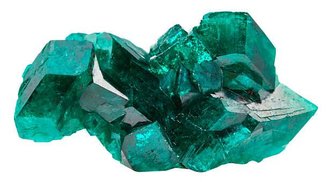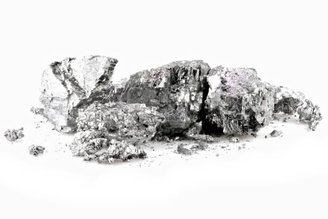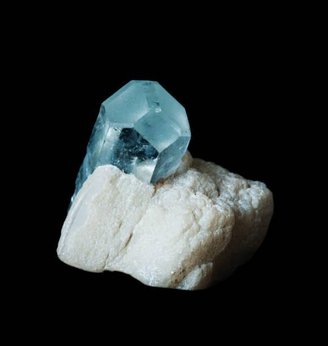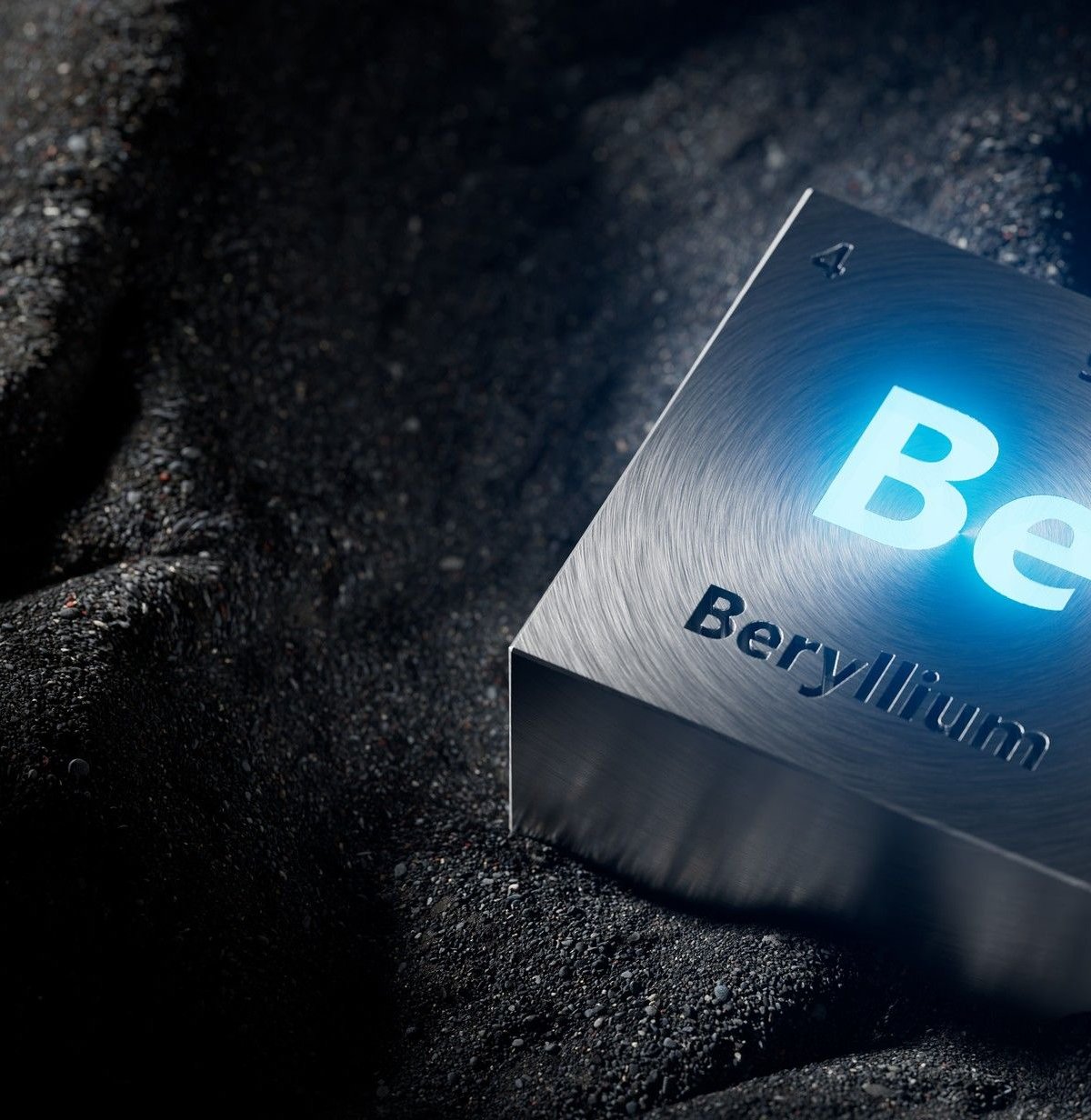Beryllium is the fourth element in the periodic table and belongs to the 2A family, corresponding to the alkaline earth metals. Its appearance is similar to aluminum in its metallic “version”, but there are also highly coveted and valuable versions with considerable values.
Since it is not widely found in the earth’s crust like other metals in its family, some processes are required to obtain its purified version used in metallurgy, nuclear technology and even devices sent to space.
Read on to learn more about History of beryllium, its main uses and some curiosities about this metal that is very important today.
beryllium sugar
In 1798, French pharmacist and chemist Louis Nicolas Vauquelin was analyzing some samples of gemstones, emeralds and aquamarines at the request of a mineralogist friend named Abbé René-Just Haüy.
In his tests, Vaquelin detected the existence of a new element, which he named. glocinium, It refers to the Greek word meaning sweet. This name was chosen because the material isolated from precious stones had a sweet taste..

It is worth remembering that until some time ago it was common practice for researchers to “prove” their experiments. It is known that it is definitely not recommended at this time. And the advice is there for a reason. Some forms of beryllium are highly toxic. So your little taste experiment may not have ended well.
The fact is that, perhaps in order not to discourage other curious people, the name of the element was recorded as beryllium, which refers to several green or bluish-green stones found in nature.

Today we know that these stones are a form of beryllium silicate, and no, emeralds and aquamarines are not toxic. However, if you choose to isolate beryllium, we cannot guarantee it.
Beryllium from Earth to Space
Beryllium is accepted the lightest alkaline earth metal in the periodic tableIt also has the advantage of a high melting point of around 1287 °C, making it durable enough for use in military, nuclear and space technology.
In addition, it is very resistant to oxidation since its interaction with oxygen is low. All these features make it preferred as an element in the production of alloys such as beryllium-aluminum and beryllium copper.
Beryllium-containing alloys are widely used in the aerospace industry, nuclear industry, x-ray machines and imaging technology because they are “transparent” in bombing, precision instruments, electronic and optical devices.
It can also be used in geological dating. Its isotope beryllium – 10 is radioactive and by counting the amount of the element in rocks, It is possible to estimate how much and for how long these ores were exposed in the earth’s crust.

But as we said before, The fourth element of the periodic table does not exist alone in its pure metallic version and requires mineral processing to obtain it..
At least 30 types of minerals are known to contain the presence of beryllium. And other risks associated with processing the element also arise during extraction. We have already seen that tasting beryllium salts (even sweet ones) is not a good alternative. But inhaling them might be an even worse idea.
When processed, particles of the element can be dispersed in the air. When inhaled, it can trigger a significant inflammatory process in the lungs, which can lead to the development of lung cancer. The disease caused by overexposure to beryllium is called berylliosis..

Beryllium vapors are equally toxic. Therefore, workers at facilities to extract and process this element must constantly test beryllium levels in the body. Cheating is prohibited in periodic exams.
The periodic table is full of incredible elements, The fourth element is so important that it is classified as one of the 20 main raw materials by the European Union.. As a bonus, we know the existence of neutrons thanks to this element.
What other uses of beryllium do you know? Tell us about our social networks! Take a look at what the cosmic periodic table will look like, down to the next element! How about beryllium silicate for natal? Here’s a gift tip and see you later!
Source: Tec Mundo
I’m Blaine Morgan, an experienced journalist and writer with over 8 years of experience in the tech industry. My expertise lies in writing about technology news and trends, covering everything from cutting-edge gadgets to emerging software developments. I’ve written for several leading publications including Gadget Onus where I am an author.












